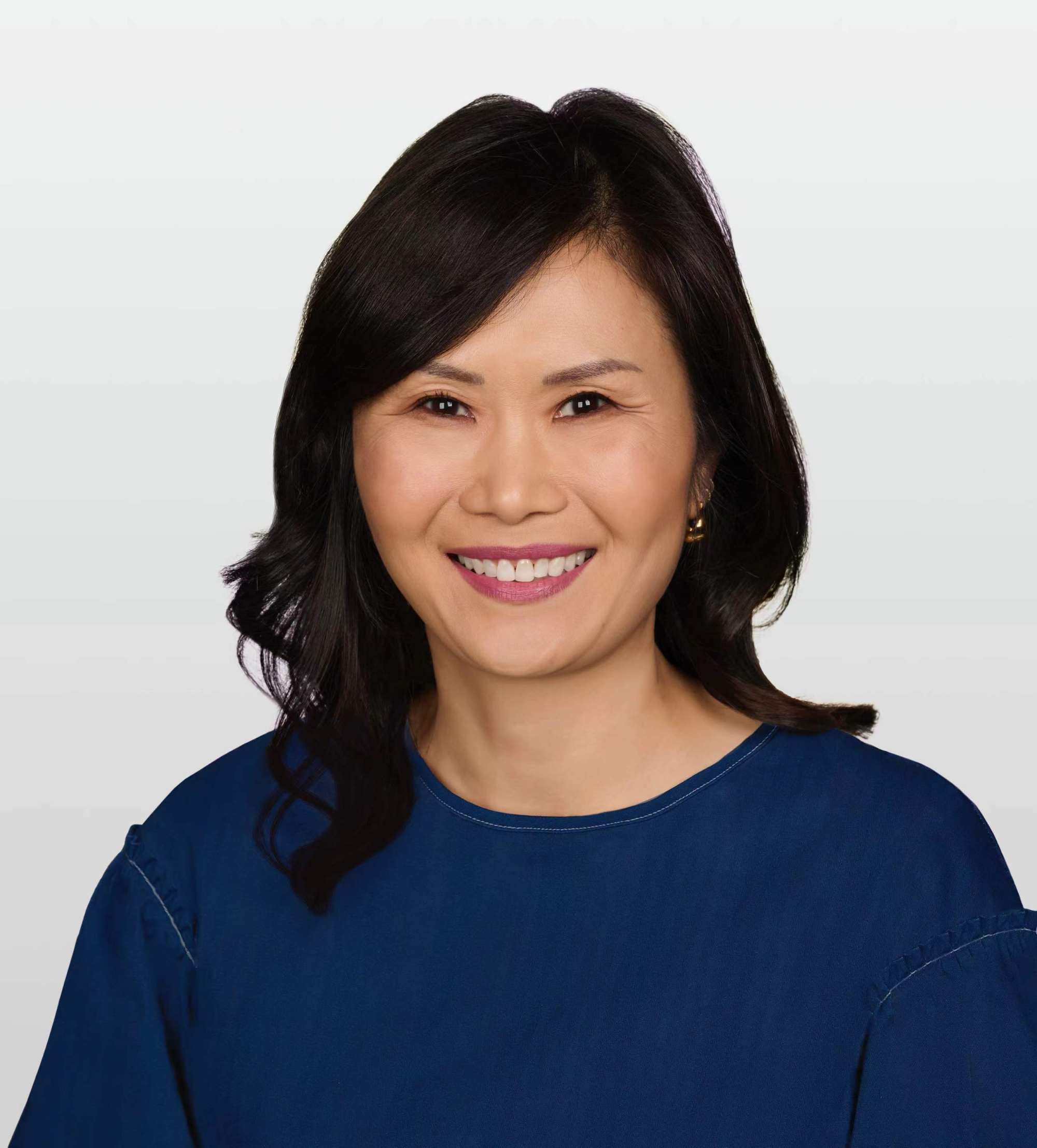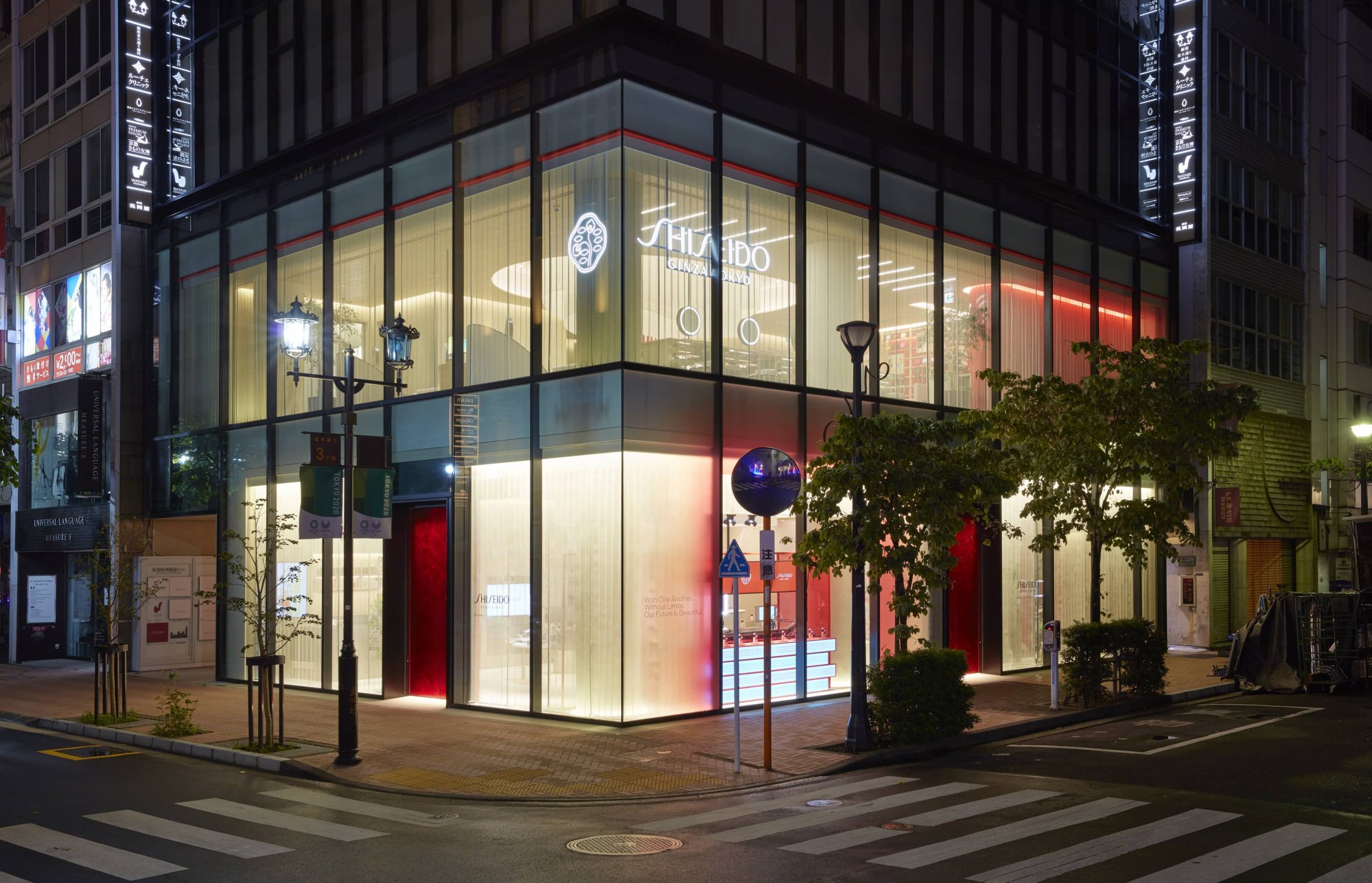Last May, media communications professional Stephanie Sam spent 4,000 yuan (US$562) on skincare, lured by online sales. On average she spends at least 1,000 yuan on quality skincare – her top priority compared with other beauty areas like make-up and hair care.
“I pretty much have the whole range, from retinol to Vitamin C serums, hyaluronic acids to sun-protection lotions,” she said. “They at least have scientific research behind their products and can be found at mid-range price points, so I don’t feel like I’m breaking the bank.”
Cosmetics manufacturers are stepping up their game as consumers in China get more sophisticated and discerning about quality. It is a trend they cannot afford to ignore; the US$40 billion market for skincare products is projected to reach US$44 billion by 2027, according to researchers at Euromonitor International.
Do you have questions about the biggest topics and trends from around the world? Get the answers with SCMP Knowledge, our new platform of curated content with explainers, FAQs, analyses and infographics brought to you by our award-winning team.
E-commerce generates more than 40 per cent of the market currently, and the ratio is projected to reach 60 per cent by 2027, according to BDA Partners.
Chinese consumers “do their research, they are very rational and practical”, said Betty Kim-English, deputy general manager of global marketing for skincare brand Drunk Elephant. “They are sophisticated, and they are looking for high performance, premium skincare.”

The Houston-based company, owned by Japanese giant Shiseido, launched its eponymous brand in China across Sephora’s 250 bricks-and-mortar stores in April. Its presence dates back to 2019, when its biocompatible products were first sold through Tmall, a cross-border e-commerce platform operated by Alibaba Group Holding.
(Alibaba owns the South China Morning Post.)
Drunk Elephant’s most popular skincare items include an intensive hydration serum priced at HK$405 and a polypeptide cream for HK$560. While seemingly high, Drunk Elephant’s prices are well below luxury labels like Dior and Chanel, whose lotions could cost about HK$1,000 or more.
The company’s in-store approach comes at a hard time, as Chinese consumers and households are generally cutting back on spending and storing up savings, said Samuel Tse, economist at DBS. However, producers in the affordable or value-for-money price range are likely to be doing fine, he said.

“In the short term, the most impacted areas from the slower economy are in the luxury sector and big-ticket items like automobiles, where consumer sentiment is still not that strong,” Tse said.
Skincare brands dominated a top 10 list of China’s beauty-care goods, according to a joint study by CBE and Hurun Research Institute published on September 5. Comfy, Guyu and HBN and four others took seven of the spots.
“The rapid development of China’s beauty industry not only demonstrates the innovation strength and market competitiveness of domestic brands, but also reflects the continuous pursuit of personalised, high-quality beauty products,” said Rupert Hoogewerf, chairman and chief research officer at Hurun.
Skincare products promoting natural ingredients and scientific credibility are set to dominate China’s beauty market, particularly brands championing quality, effectiveness, wellness and multi-functionality, according to a report published by BDA Partners.
Sam, the communications professional in Shanghai, said she has experimented with high-end luxury lotions from Estee Lauder and Chanel in the past. They were way too expensive to keep up with, and she “barely saw any difference” from what she is currently using, she added.
“Do not fix what’s not broken is my philosophy when it comes to skincare,” she said. Her go-to brands include Kiehls, Cerave, Bare Minerals and Paula’s Choice.
As more local brands expand and muscle their way into the market, some foreign brands like The Face Shop from South Korea and Huda Beauty from Dubai have quit the scene. Others like L’Oréal are reworking their strategies to overcome competition.
Foreign brands must localise their strategies, blending Chinese traditions and consumer behaviours into their product development and marketing, according to BDA Partners. Chinese brands control 60 per cent of the market, it added.
Drunk Elephant’s Kim-English said marketing by social-media influencers has helped drive brand awareness in the digital landscape in China. The firm gets 40 per cent of its total sales in China from online channels, and one-third of its sales in the US.
“For a brand to succeed in this landscape, it’s essential that we deliver a superior product,” she said. “Along with a unique brand approach, we can give consumers the confidence that they’re getting the value for their money. That is a trend that we are seeing [in China].”
More from South China Morning Post:
- 9 popular Korean skincare items at Olive Young, the South Korean Sephora, from toners to serums to sheet masks
- Natural, green, organic – what does ‘clean’ beauty actually mean? And can you trust the brands that claim it?
- Sephora Hong Kong announces training on unconscious bias and inclusivity for all staff by end of August, is ‘sorry to hear’ about alleged racist behaviour
- Shanghai bets on live-streaming economy to boost China’s anaemic consumption
For the latest news from the South China Morning Post download our mobile app. Copyright 2024.





